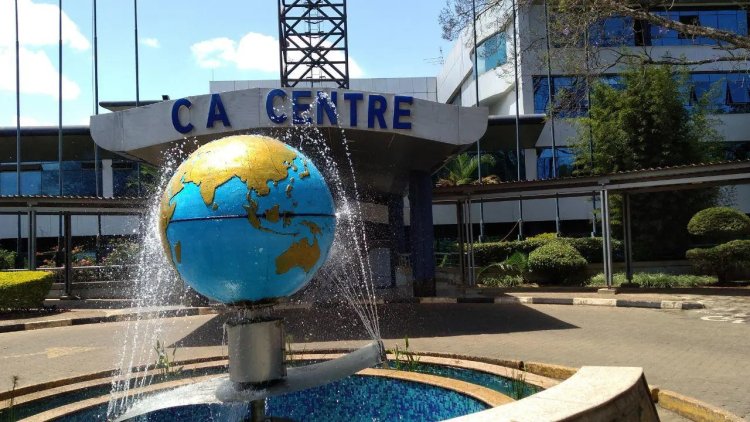Why Kenyans May Still Experience Internet Disruption Despite Normalcy- Experts
Repair works could take nearly a month to be completed, according to the Technology Service Providers Association of Kenya (TESPOK) through CEO Fiona Asonga.

Despite reports confirming a return to normalcy for internet services, Kenyans face the looming reality of dealing with several internet outages for at least three weeks as repairs to damaged undersea cables get underway.
As of Tuesday, May 14, Ben Roberts, the Chief Technology and Innovation Officer (CTIO) had revealed that collaborative efforts with SEACOM East Africa had played a crucial role in restoring the country's internet, including its speeds.
"A very big Asante Sana to our partners at SEACOM for helping us restore Kenyan internet back to normal levels. In this industry, we rally together to make things work and we have just done 6 weeks of work in 2 days," he stated on X.
However, repair works could take nearly a month to be completed, according to the Technology Service Providers Association of Kenya (TESPOK) through CEO Fiona Asonga.

Photo of a deepsea internet cable. /GETTY IMAGES
"As we have cables in February not fixed, we would say we give it three weeks to a month for them to fix in the interim. There is a special kind of ship that is used to lay the cable. When they get ether they need to access the amount of damage done, to determine how long it will take to fix," Asonga explained to Citizen TV.
"So either is a whole process of assessment which will take a couple of days because divers have to dive. Some equipment has to be taken down and that takes time; it takes a couple of weeks."
Since Sunday, Kenyans have experienced slow internet speeds following a cut in deep sea fibre cables at Mtunzini, a small coastal town in South Africa.
The internet has become an integral part of many Kenyans, playing a crucial role in bridging the digital divide. What started by connecting two computers and growing up to four computers has grown into a network of networks which is composed of the internet.
Internet connections depend on hundreds of submarine cables laid on the ocean floor, connecting two or more landing points. The cables use fibre optic technology to transmit huge amounts of data rapidly from one point to another.
According to Asonga, the internet has been designed to ensure that doesn't break down and is meant to ensure that communication is ongoing despite setbacks. However, days later, business operators are still feeling the impact of the cable cut.
"All these cuts have had an impact that is now a recurring issue forcing a lot of businesses to kick in their business continuity processes. Because they tend to have content not being hosted in the region, and that means content is not accessible when the cables are down," Asonga added.
Kenyans meanwhile may have to exercise patience as repair works continue. So far, several companies including internet service providers have issued statements regarding the measures they have taken to minimise service interruption, with the Communications Authority of Kenya (CA) warning Kenyans that the slow speeds could continue.
According to Cloudflare Radar, which monitors Internet connectivity, Tanzania is among the worst-affected countries, with traffic dropping to 30 per cent of expected levels. Additionally, Malawi, Mozambique, and Madagascar have reported significant disruptions.
The incident follows a spate of outages on the western coast of Africa in March, where multiple cables including SAT-3/West Africa Cable System (WACS), Africa Coast to Europe (ACE), MainOne, and South Atlantic 3 were impacted.







